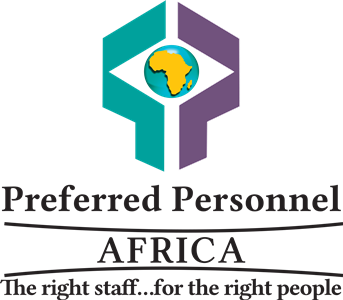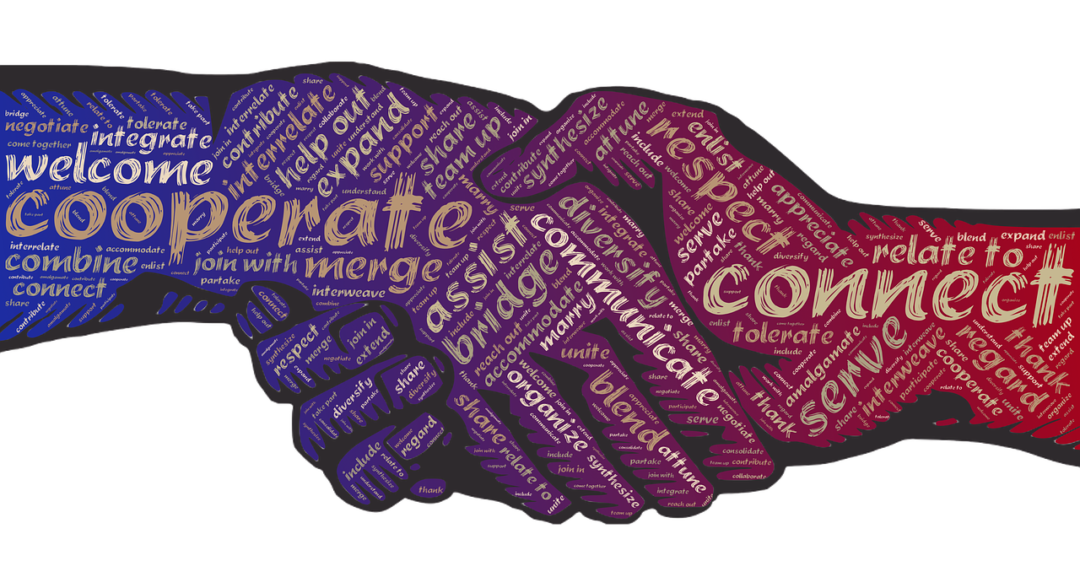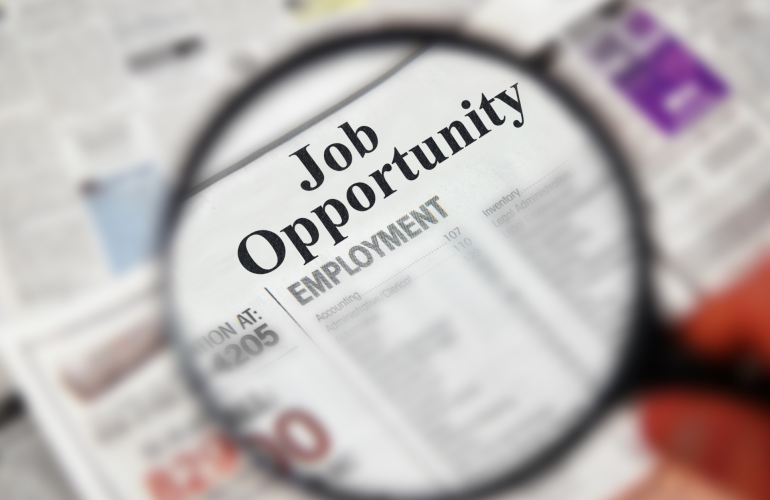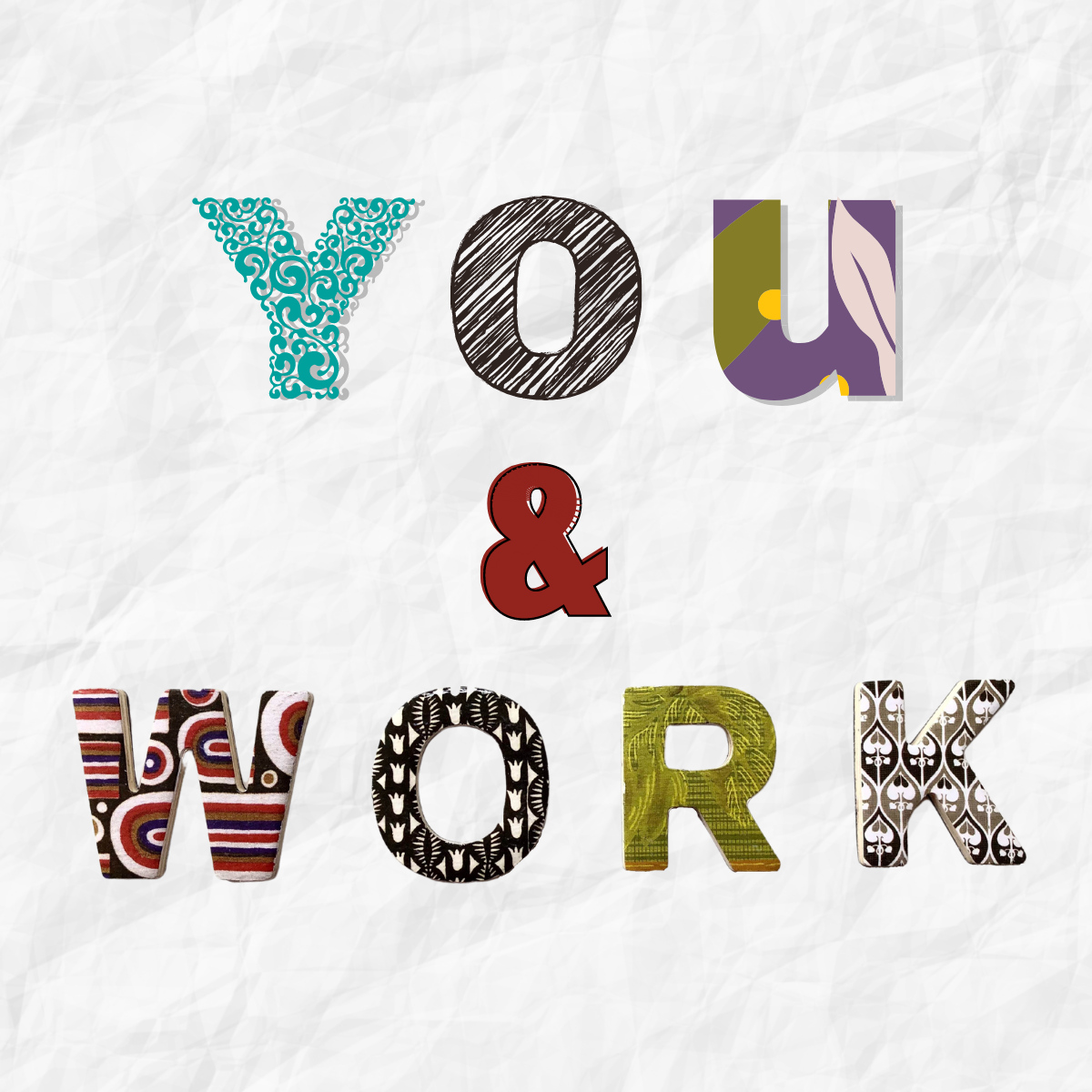By Leigh-Ann Athanasius & Kathleen Kibi
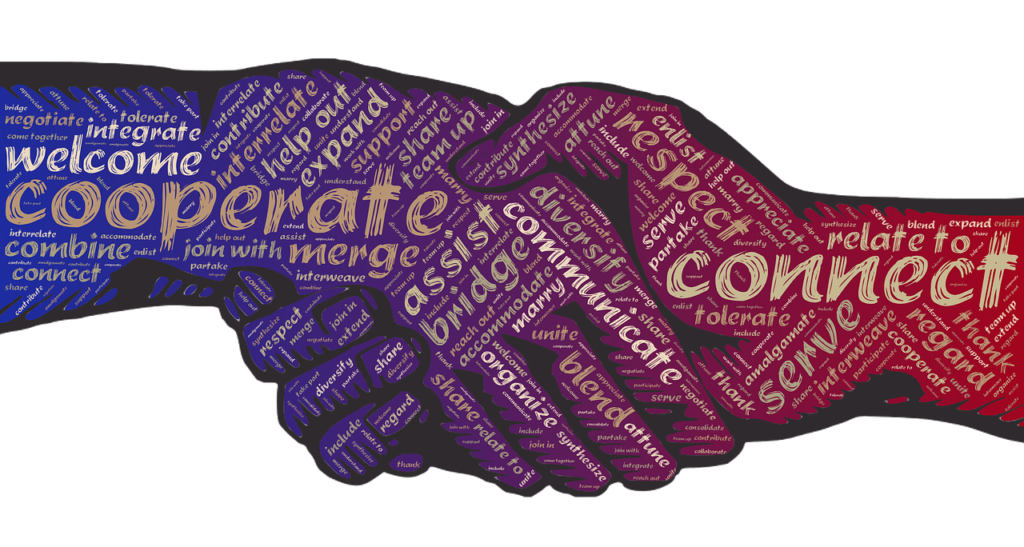
In our first of four posts on the history of PPA we mentioned that HR departments used to be called personnel departments. Personnel departments performed many of the same tasks that HR departments do, but the way it performed these tasks was different to the HR departments you may know today. Personnel departments were viewed by many business leaders as an ‘add on’ service; a cost centre that performed administrative tasks not to build the business, but to protect it.
But as with everything, time brought about change.
The first appearance of an online job board to the public was in 1995 when the world was introduced to Monster.com. Their aim was to try to build a more efficient way for businesses to reach the talent that they were looking for far beyond the geographical reach of a newspaper. Before online job posts, people moving between organizations was uncommon but then came online job boards.
All of a sudden, candidates had information being provided directly from organizations about the types of skills and experience they were looking for, and what they were willing to pay for it. It gave people options…
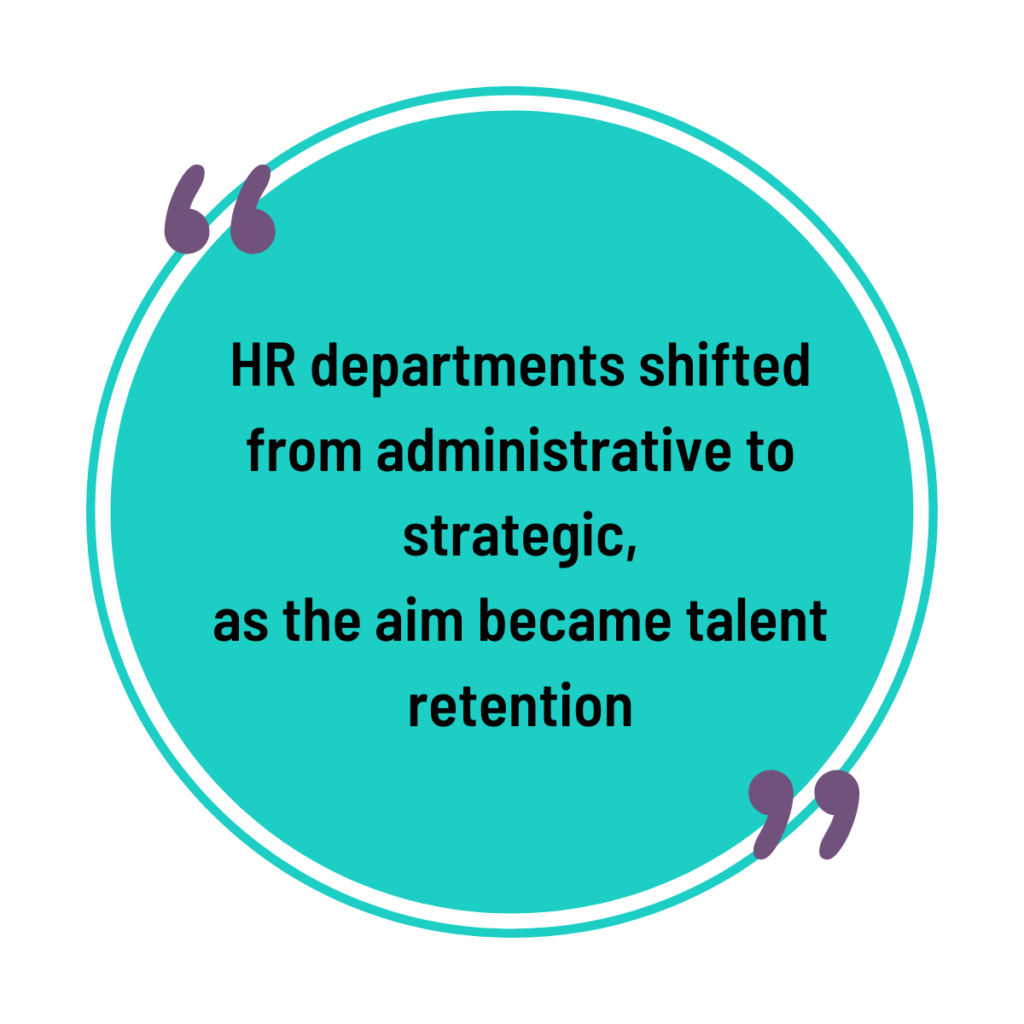
When businesses began to notice that they were losing their people to other organizations, they realized their approach had to change. Personnel departments tasks began to shift from mainly administrative to strategic as the aim of the game was retention of talent.
HR was invited to the table and was given the responsibility to help the business figure out how to hire, develop and retain talent.
This made sense of course, they were the administrators of people and therefore, it was their job to figure this out. Out of this change, professionals within the HR field developed a deeper understanding of people and their relationships with work.
Numerous theories, policies, incentives and measures were developed across industries. They were designed to develop and retain the right talent and ensure that high levels of performance were maintained to benefit the business.
For a while, this was the modus operandi… but then COVID-19 happened.
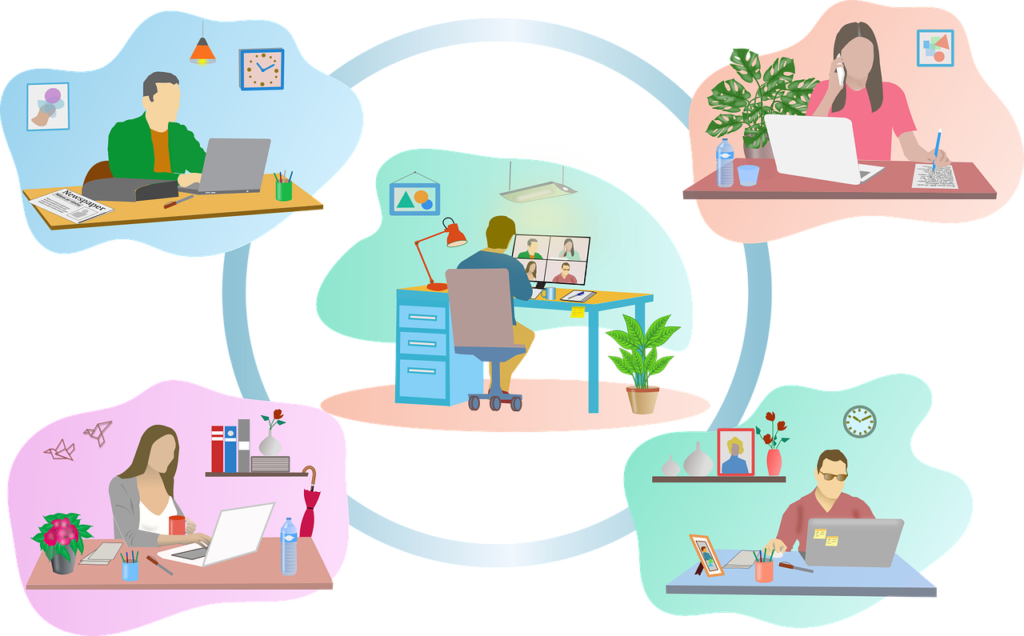
COVID-19 and its momentous impact on our society is yet to be truly measured, but its impact on work has been earth-shattering.
Whole industries were shut down while others were put under significant pressure to support us all. The rest had to adapt and change to accommodate lockdown measures around the world; and people were at the centre of it all.
As we spent more time in our homes, we started to read more articles about how people were struggling with working from home – extended working hours, not having space to work from home, their job not being able to be performed from home, burnout etc.
So, what role does HR play in this current environment?
COVID changed the way people view their relationships with work. It is the lens that has made some businesses re-evaluate their understanding on what matters to people. So let us present our proposition on the role HR needs to play moving forward. HR professionals should become the relationship architects of the business.
If there is one universal truth, it is that there is no such thing as a unique idea, and back in 2010, Lou Imbriano wrote an article talking about relationship architects.
To summarize, Lou’s belief was that successful, long-lasting business relationships can be designed and built if it is approached in a similar manner to which an architect takes to designing someone’s dream home. Of course, unlike the materials needed to build a house, the materials to build a successful relationship cannot be purchased and built to fit.
What makes a successful relationship architect is the intention of the architect; committing to approach every initial meeting as if it is the start of an unbreakable, long-lasting relationship. In many ways, HR is already playing the role of the relationship architect between the business and its staff, but the intent may not always have been there.
As HR professionals, we should spend time thinking not only about how to extract productivity for the business but also figuring out how our staff can win more intentionally while they are at work. HR holds the keys to people, and it should be our responsibility to take on the role of designing what relationships at work can look like to the benefit of all.
So what do you think? Do you believe that you are a relationship architect within your own business? Share your thoughts, questions and feelings in the comment section below.
